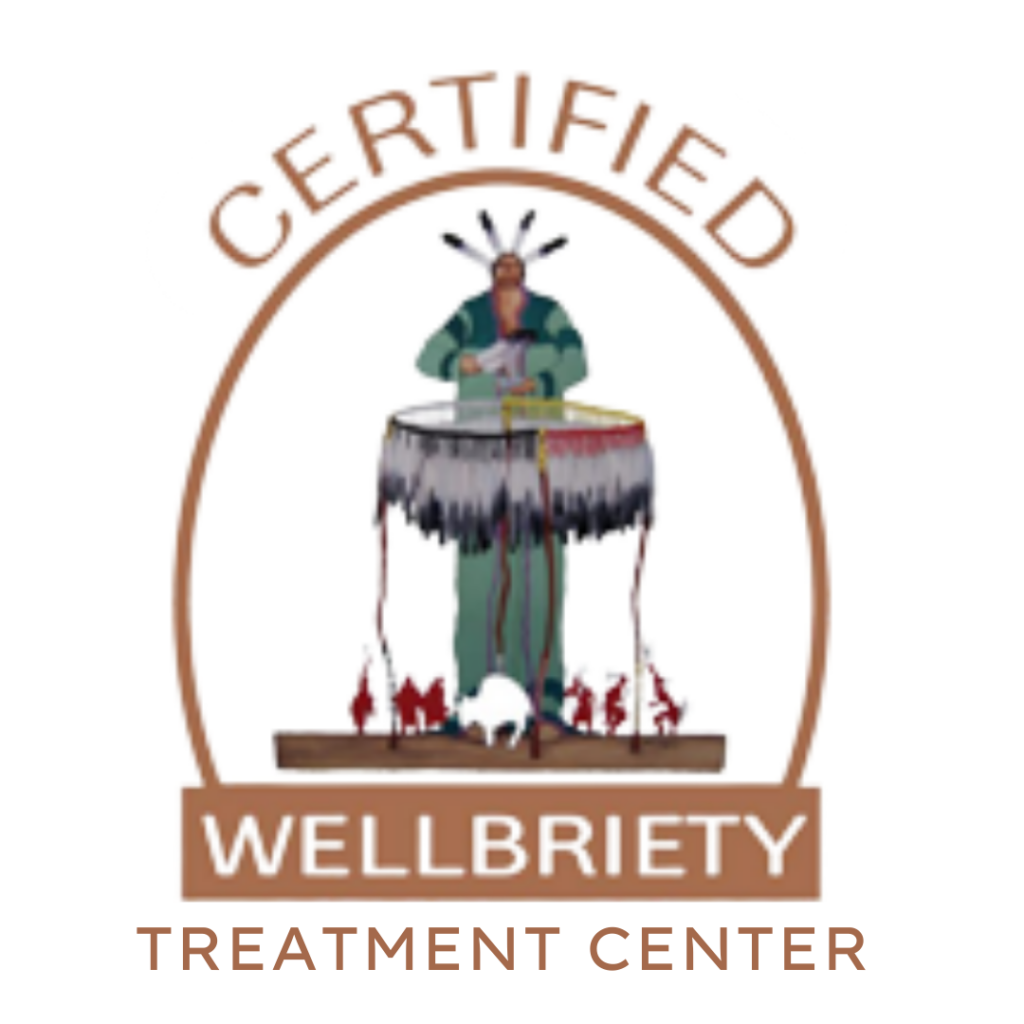Managing Cravings – 6 Ways to Manage Your Cravings
Managing cravings is important because substance use disorders alter the brain’s normal chemistry, cravings are inevitable and a part of recovery, whether you’ve been sober ten days, ten months, or ten years. If you feel a craving coming on, it’s important to not panic— this is normal. You might have the desire to drink or use, but this urge does not in any way mean that you will. Not effectively managing your cravings can, however, result in a relapse, so it’s important that you take care to find what works best for you when it comes to resisting the temptation to drink or use.
What causes cravings?
You’re active in your recovery and haven’t thought of drinking and/or using in a while… so why are you suddenly craving alcohol and/or drugs? Cravings are tied to memories and associations that trigger the brain’s neurotransmitters, or pleasure receptors, and certain cues— a place, a person, even a photo— can lead to a release of dopamines, resulting in a physiological “need” for alcohol and/or drugs; this need is otherwise known as a craving.
What can you do to manage cravings?
Do something.
When you feel a craving coming on, sitting around and waiting for it to pass is not what you should do. The American Psychological Association (APA) has cited exercise as an immediate and long-term antidepressant, and a particularly effective one for those most physically/psychologically unhealthy. Of course, a craving and depression are not one and the same, but they’re not always mutually exclusive. Sometimes, cravings are brought on by depression or feelings of anxiety.
You don’t have to hike or bike (unless you want to), though; going for a walk should have similar positive effects.
Physical exercise isn’t your only option, either. Doing something can involve watching a movie, listening to music, or participating in any other activity that engages your mind and keeps you distracted from any lingering cravings.
Spend time with someone/reach out to others.
Don’t isolate yourself when the cravings surface. You might find that talking to someone who understands what it’s like to experience a craving helps you to feel less alone. Spending time with sober friends and family can help you put things into perspective and keep your mind and body engaged in the present moment.
Learn to recognize your triggers.
Recognizing your triggers is easier said than done, but doing so will prove especially useful when the cravings take root. Some triggers will be/are obvious to you, while others remain hidden and will require more effort to uncover. Talking to a therapist or counselor about this might help.
Eat something healthy.
Avoid the consumption of foods high in sugar, as sugar actually creates in the brain the same sense of false pleasure as opioids do. While sugar consumption might not necessarily intensify or worsen cravings, eating wholesome, filling foods low in sugar is a better option. The action of preparing/cooking a meal in itself can help, too.
Remind yourself of why you got sober.
Without dwelling too much, take time to remember why you are taking the steps to overcome your substance use disorder. Write them down, tell someone what’s on your list, or keep the reasons to yourself— whatever helps. In addition to reminding yourself of why you began the recovery journey, remind yourself of the consequences of giving into a craving.
Read recovery literature.
Diving into the Big Book or another piece of recovery literature can help you to manage cravings. Reading through the ideas behind sobriety and reflecting on the meaning behind them can help distract and discourage you from the desire to use.
Cravings can arise unexpectedly and can understandably be worrisome, but they are a normal part of recovery and managing them is completely doable.
If you or a loved one needs help overcoming a substance use disorder, we want to help Because We Care. Please reach out to us today to discuss your needs or contact our admissions staff, which is available 24/7 at (877)-RECOVERY.
























